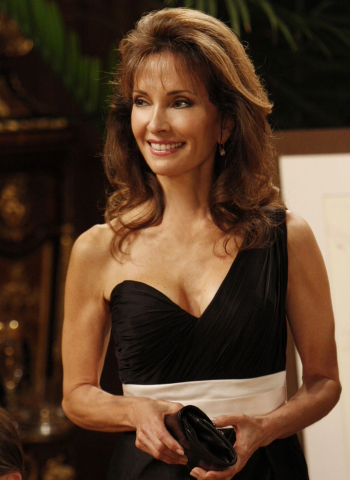Last week,
January Gill O'Neil asked in her blog what makes a poet an academic poet, and so being an academic poet, I have the following long answer.
First, I need to say that an academic poet doesn't necessarily write academic poetry, whatever the heck that is, and I'm not going to bother in this post with a discussion of what academic poetry may or may not be.
Second, I have a fairly narrow definition of an academic poet: a poet whose professional poetry life is tied to an academic institution and its approval. That is, your poetry is partially being evaluated by other academics for either job hires, annual job reviews, tenure reviews, or promotion reviews.
Thus, I consider anyone who is currently pursuing an M.F.A. or Ph.D. in creative writing automatically to be an academic poet; and most remain so for a few years after their degree, regardless whether or not they continue to remain in the academy, as they are likely refashioning their thesis/dissertation for the usual rounds of book contests. Anyhoo, these students are seeking to satisfy academic requirements and they must submit and process their work through the workings and whatnots of their home institutions in order to receive their degree.
And obviously, then, I consider almost any poet teaching at a college or university to be an academic poet. The "least" academic are adjuncts, as usually they are hired to be teaching drones, and their creative work is rarely included in their evaluations. Then are the temporary instructors, those lucky enough to have full-time status, but usually temporary teaching contracts, one to three years typically. Like adjuncts, their poetry is not usually "evaluated" in their annual reviews. However, most adjuncts and instructors are submitting writing samples of their poetry in job application after job application, subject to academic review by hiring committees.
For those of us who have ranked positions, we're the most academic of academic poets (by the way, I teach at a university where tenure is not a part of the university's structure). We prepare annual "professional development plans" in which we must specify what we want to accomplish with our creative work for that year. We write annual reports assessing how well we accomplished those goals and plans. We included copies of all our publications as well as any publicity materials we have for readings and conferences. Every year our chair and dean have to sign off on these plans and reports. Then, if we go up for promotion, we submit everything yet again to some Tenure Committee or Peer Review Committee, again always for the sake of academic approval.
Thus, every year, you are supposed to be viable, active, publishing, and writing, being able to document that for academic credentialing. This has nothing to do with the poetry itself. And it can be also beside the point, and sometimes, it can be very destructive for the poetry itself, not to mention the poet.
At my institution, with scholarship, there is supposed to be a progression of quality and prominence as you climb from assistant to associate to full professor. I have always had a problem with the trajectory of this narrative (and I think math professors do as well), as it assumes a fairly lineal progression, that year by year you will get increasingly more "prestigious" publications and awards, that you'll grow into achieving some kind of national reputation in your field by the end of it all. What if you're a genius and shoot your wad at 28? Or what if your work goes out of fashion? Or what if your new work is so radically brilliant that it won't ever get published? Or what if . . . .
But it's too late then, as you have signed on to this career path. So with your promotion materials, you kill a couple of trees with all the photocopies of everything you have to provide, as you yet again justify your poetry for academic review, yet again waiting for the same word of approval you received in your first graduate workshop. You're still in the club, ol' chap.
Lately, though, I have been thinking of an art student who took a graduate creative writing workshop when I was an MFA student at Indiana University--this would've been in 1982. Late in the semester, for her last poem to be workshopped, she brought in a dozen paper bags, each quite used, all twisted closed. She said her project was a failure, because we were supposed to come by these bags by accident--her plan was to place the bags haphazardly, on a bus, in a field, in a closet room at a club--but the course required her to bring the work into class. Inside each bag was the poem cut up into a hundred paper fragments, just confetti, really. She also mixed in a little dirt, dandelion clippings, and who knows what else. The professor "got it," but reminded the student this was a poetry workshop, and we really needed to see the poem intact on a single piece of paper in order to workshop it.
Me, ever since, yes, I've been the dutiful one, getting my reports in on time and following the specifications to perfection. At worst, this is what academic poets do in fact become.
For me, truly, my only recent poetry outlet beyond my ivory tower is with my own experiments with performance (even though they can also be easily included in my c.v.), those things that resist a paper trail. Oh, to put my annual report in a shoe box, every poem faithfully copied, shredded, with maybe some egg shells, sand, a drop of oil. You see, a poet would indeed do that.

